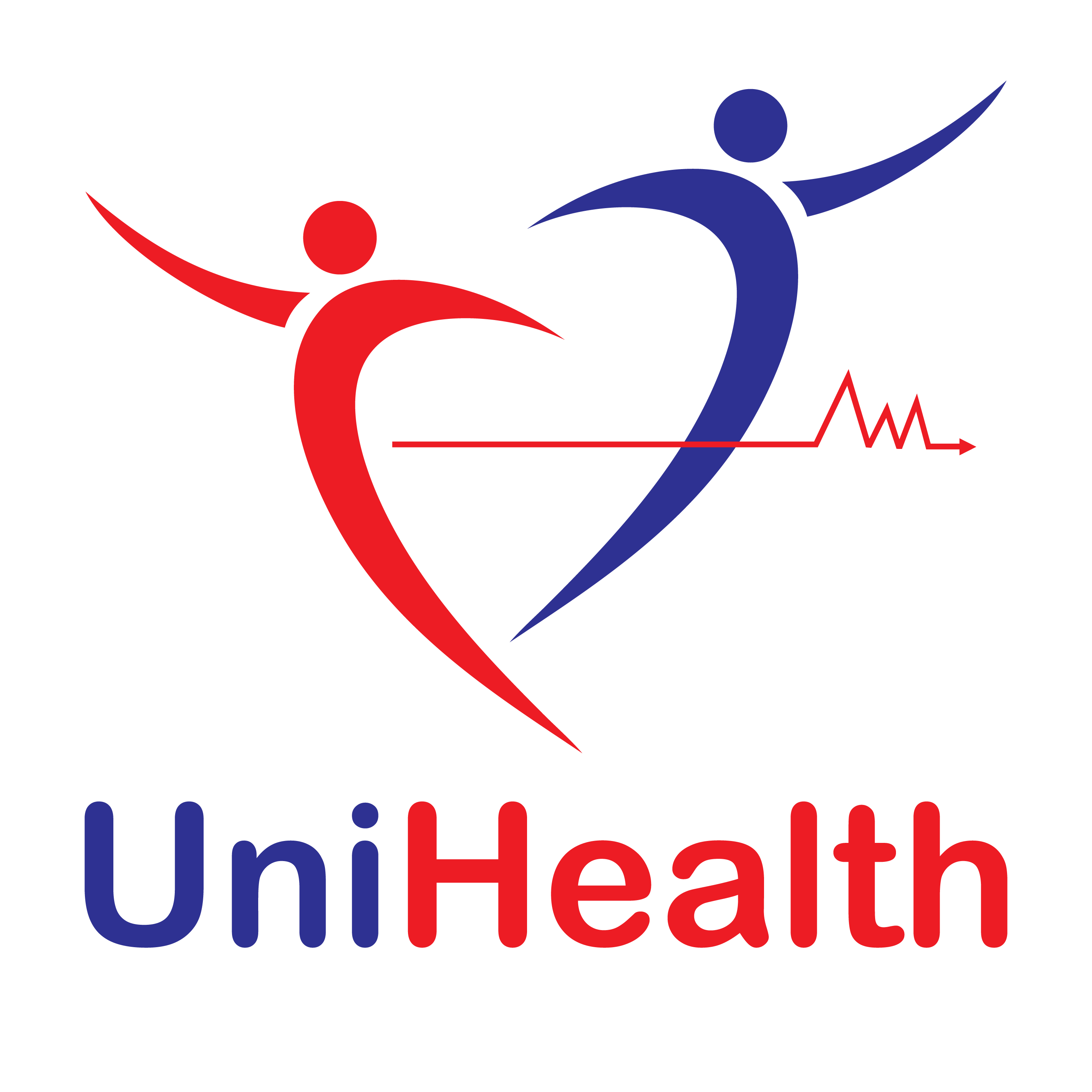Measles, a highly contagious viral disease, remains a significant health concern in many parts of the world, including Uganda. Despite global efforts to eliminate the disease, outbreaks still occur, emphasizing the need for awareness and timely action. At UMC Victoria Hospital, we are committed to promoting health awareness and providing the best care to our communities.
Understanding Measles
Measles, caused by the Measles virus, is transmitted through respiratory droplets when an infected person coughs or sneezes. It is one of the most infectious diseases, with the virus remaining active on surfaces and in the air for hours.
Without vaccination, nearly everyone exposed to measles will contract the virus, making immunization a critical tool in its prevention.
Symptoms of Measles
Recognizing the symptoms of measles is crucial for early intervention and preventing the spread of the virus. Symptoms typically appear 10–14 days after exposure and include:
- High Fever: A fever often exceeding 101°F (38.3°C) is one of the earliest signs.
- Cough, Runny Nose, and Red Eyes: These symptoms are similar to a common cold and can easily be overlooked in the early stages.
- Koplik’s Spots: Tiny white spots with bluish centers may appear inside the mouth.
- Skin Rash: A characteristic red, blotchy rash starts on the face and spreads to the rest of the body. The rash usually appears 3–5 days after the onset of initial symptoms.
- Fatigue and Weakness: Patients may feel extremely tired or experience muscle aches.
Why Measles is a Concern in Uganda
Although the measles vaccine is widely available, gaps in immunization coverage and challenges in accessing healthcare contribute to periodic outbreaks in Uganda. Factors such as overcrowded living conditions, malnutrition, and poor hygiene can exacerbate the spread of the disease.
According to recent health reports, Uganda continues to see cases of measles, particularly among children who are under-immunized. Pregnant women and those with weakened immune systems are also at higher risk of severe complications.
Potential Complications of Measles
Measles can lead to severe complications, especially in children under five years and adults over 20 years. These include:
- Pneumonia: The leading cause of death associated with measles in young children.
- Encephalitis: Inflammation of the brain, which can lead to permanent brain damage.
- Ear Infections: These can result in hearing loss.
- Severe Diarrhea: This can cause dehydration and other related complications.
Preventing Measles
Prevention is the most effective way to combat measles. The measles vaccine, typically administered as part of the measles, mumps, and rubella (MMR) vaccine, is highly effective in providing immunity.
Steps to Prevent Measles:
- Vaccination: Ensure all children receive the two doses of the measles vaccine as per the immunization schedule.
- Hygiene Practices: Promote frequent handwashing and proper sanitation.
- Avoid Exposure: Minimize contact with individuals showing symptoms of measles.
- Awareness Campaigns: Participate in community health initiatives to educate about the importance of vaccination.
UMC Victoria Hospital’s Commitment to Combating Measles
At UMC Victoria Hospital, we are dedicated to safeguarding the health of our community. Our expert team is equipped to handle measles cases with:
- Early Diagnosis: We use advanced diagnostic tools to identify measles and related complications promptly.
- Comprehensive Care: Our hospital offers supportive treatments, including fever management, hydration therapy, and monitoring for complications.
- Vaccination Services: We provide immunization for children and adults, ensuring everyone has access to life-saving vaccines.
- Health Education: Through awareness campaigns and workshops, we empower communities to recognize symptoms and take preventive measures.
What to Do if You Suspect Measles
If you or your loved ones exhibit symptoms of measles, it’s essential to act quickly:
- Seek Medical Attention: Visit UMC Victoria Hospital or your nearest healthcare facility for evaluation and care.
- Isolate the Patient: Prevent further spread by keeping the infected individual away from others.
- Follow Medical Advice: Adhere to the prescribed treatment plan and ensure proper rest and hydration.
Why Choose UMC Victoria Hospital?
UMC Victoria Hospital is recognized as a trusted healthcare provider in Uganda, delivering exceptional care with a patient-first approach. Our hospital is equipped with state-of-the-art facilities, experienced professionals, and a commitment to excellence.
When it comes to managing infectious diseases like measles, we prioritize:
- Timely Diagnosis
- Holistic Patient Care
- Community Outreach Programs
Conclusion
Measles remains a pressing health issue in Uganda, but with awareness, vaccination, and timely medical care, it is preventable and manageable. At UMC Victoria Hospital, we are committed to empowering healthcare across Africa by providing expert care, fostering health education, and ensuring access to life-saving vaccines.
If you suspect measles or need more information, visit UMC Victoria Hospital today. Together, we can build a healthier and measles-free Uganda.
Call to Action:
Protect yourself and your loved ones—schedule a vaccination or consultation with UMC Victoria Hospital today!



